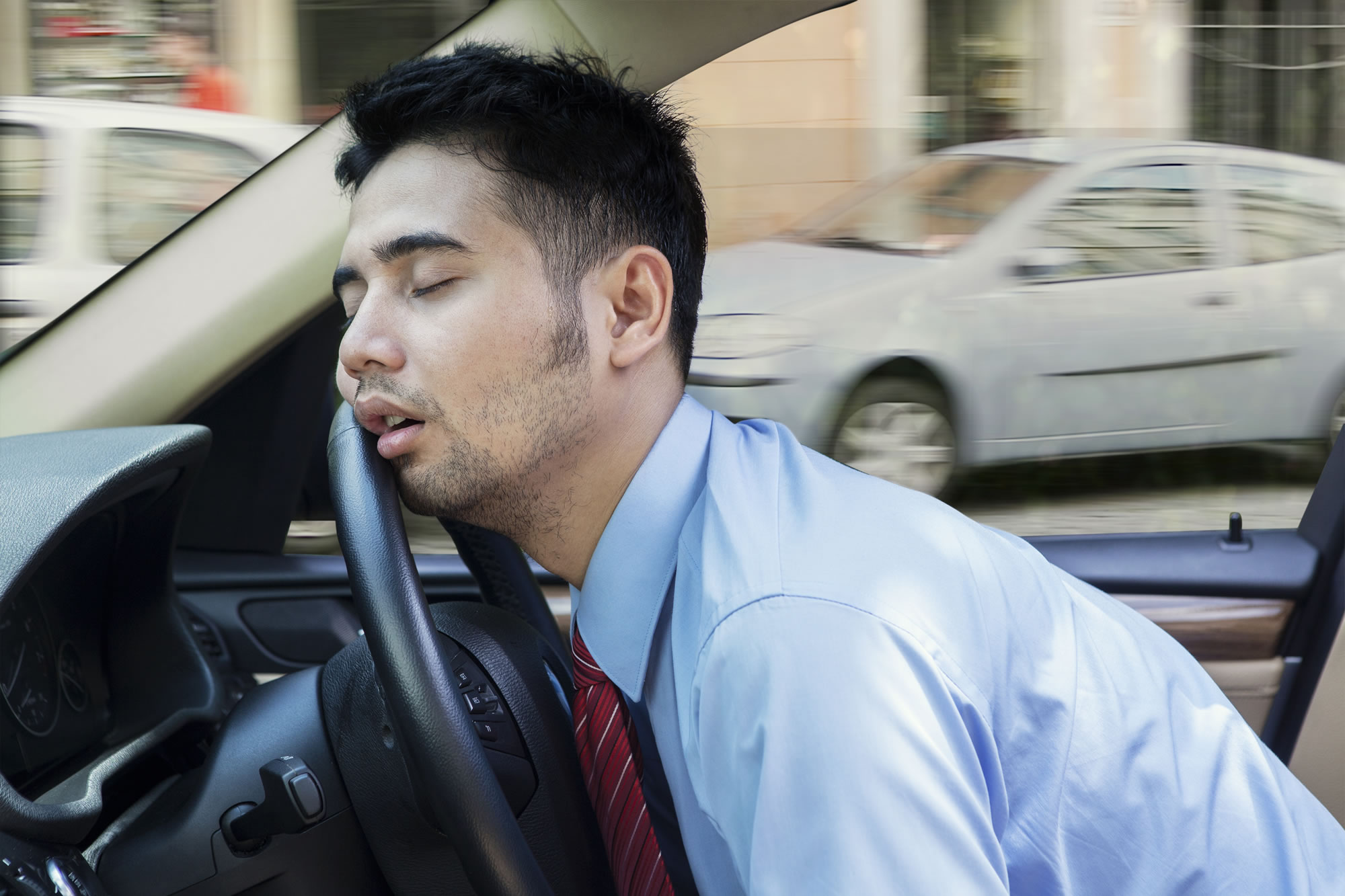I’ve written before about the dangers of driving while tired. And now the Province reports that a new study from Virginia Tech Transportation Institute shows just how serious a problem it is.
The Institute installed cameras and sensors in 100 cars and gathered data for a year. This information showed that driver drowsiness contributes to at least 20% of all crashes. This means out of the 800 fatigue-related crashes, there are 560 injuries and 17 fatalities each year. And these numbers could be higher. But it’s hard to gather data as there isn’t a breathalyzer test for drowsiness.
Driving while tired can cause the driver to lose focus on the road, drift into other lanes, and tailgate. Daydreaming and letting your thoughts wander can also be a problem as tired drivers will have difficulty remembering past miles driven, miss exits, or run traffic lights and stop signs.
The National Sleep Foundation reports that tiredness can cause serious impairments when driving such as:
- Impaired reaction time.
- Poor vision and judgment.
- Increased moodiness and aggression.
- Problems processing information and short-term memory.
- Decreased performance and motivation.
Sleep experts say adults need seven to nine hours of sleep every night. Plan accordingly by getting the sleep you need.







